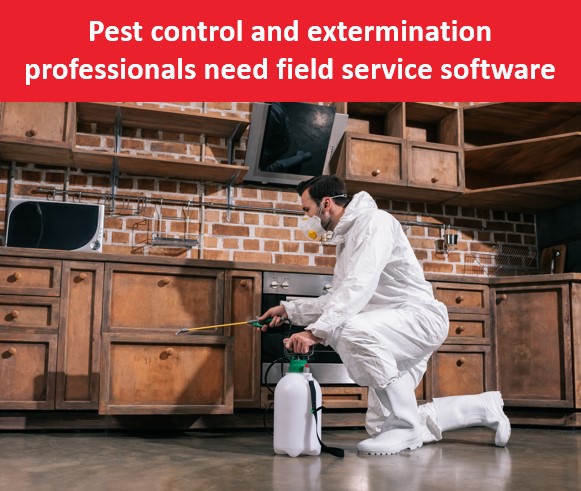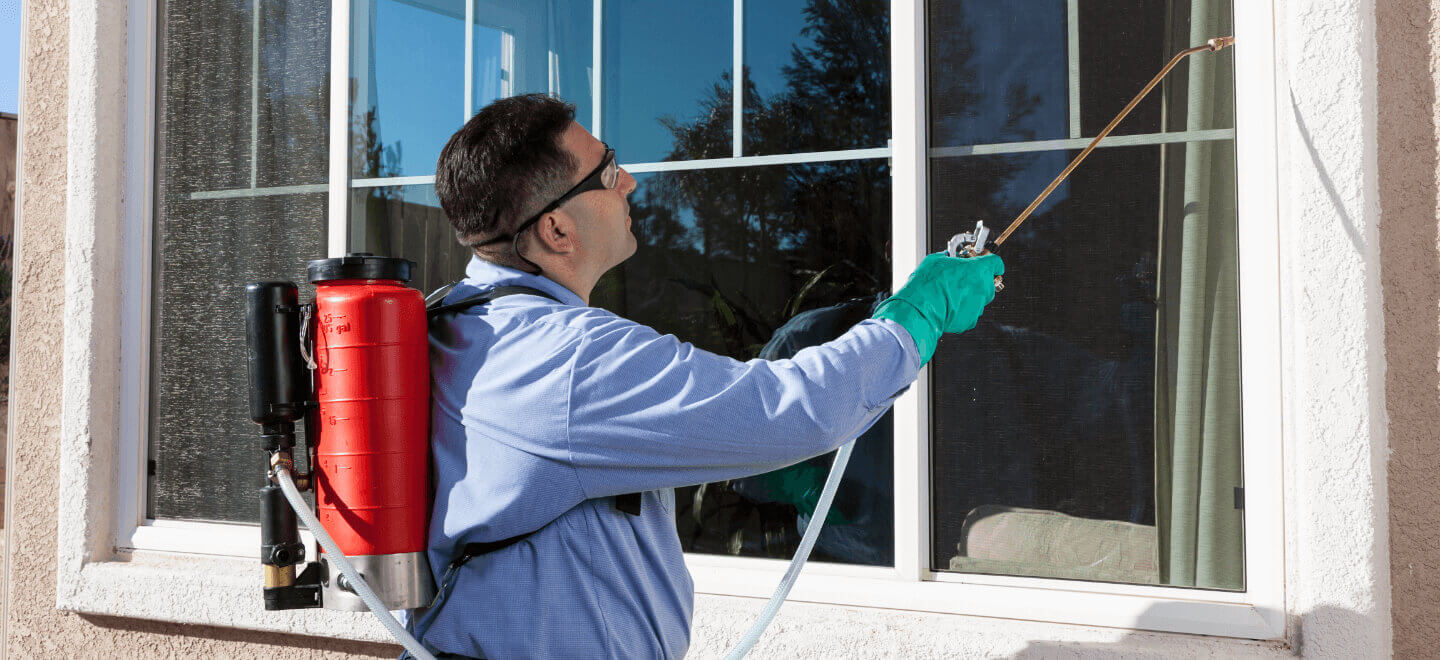Safe and Reliable Insect Control for Lasting Defense
Reliable bug administration requires a multifaceted strategy that stabilizes environmental integrity with the need for reliable bug suppression. The nuances of these approaches may not be instantly clear, prompting a more detailed assessment of the methods that can lead to sustainable parasite control results.
Understanding Pest Control Approaches
Parasite control includes a variety of approaches intended at managing and getting rid of unwanted pests and rats that can threaten both health and building. Comprehending these methods is critical for efficient insect administration.
The primary groups of bug control methods consist of mechanical, biological, and chemical strategies. Mechanical methods include physical barriers and catches to avoid bug entrance and capture unwanted types. For example, utilizing displays on windows or utilizing sticky catches can significantly decrease bug populations without introducing hazardous compounds.

Chemical bug control is commonly one of the most identified approach, making use of chemicals to get rid of bugs. These chemicals can be reliable however need to be utilized with caution to prevent unfavorable impacts on non-target species and the environment.
Advantages of Eco-Friendly Solutions
How can environment-friendly options change bug control techniques? The fostering of eco-friendly insect control techniques uses various advantages, considerably improving the efficiency and safety of bug management.

One more advantage is the favorable effect on neighborhood biodiversity. Eco-friendly remedies are designed to target specific insects while protecting valuable pests and wildlife, promoting a well balanced ecological community. This approach straightens with the expanding customer demand for sustainable techniques, improving the online reputation of parasite control suppliers.
Integrated Insect Administration Methods
The implementation of eco-friendly solutions naturally leads to the fostering of Integrated Parasite Management (IPM) methods, which better enhance parasite control efficiency. IPM is a holistic approach that incorporates several methods to handle pest populaces while decreasing environmental impact. This method emphasizes the usage of biological, social, mechanical, and chemical controls, making certain a well balanced and sustainable approach of insect management.
One fundamental aspect of IPM is the complete evaluation of insect task and ecological conditions. By keeping an eye on bug populations and identifying their life process, professionals can implement targeted interventions that interrupt the parasite's environment or lifecycle, decreasing dependence on see this site chemical pesticides. Furthermore, social methods such as plant turning and habitat adjustment can considerably reduce bug establishment and reproduction.
Another important element is making use of organic control agents, such as valuable insects or bacteria, which can normally suppress pest populaces. When chemical applications are required, IPM prioritizes the use of low-risk pesticides and uses them uniquely, decreasing direct exposure to non-target microorganisms and humans.
Integrating IPM approaches not just enhances insect control performance however likewise promotes a much safer community, straightening with the growing need for sustainable methods in insect monitoring.
Safe Practices for Property Owners
Understanding the relevance of safe practices in pest control can equip homeowners to effectively manage insect concerns while safeguarding their health and the setting. Implementing safe techniques and safety nets is important in decreasing direct exposure to unsafe chemicals.
House owners should first assess their environment for conditions that attract insects, such as standing food, clutter, and water waste. Consistently cleansing and sealing access points can deter parasites from invading the home. Making use of natural deterrents, such as vital oils or diatomaceous earth, can offer reliable options to chemical pesticides.
When chemical treatments are required, homeowners should decide for items that are specifically identified as safe for residential usage. It is necessary to comply with application guidelines thoroughly to stay clear of too much exposure. Moreover, using targeted treatments in areas where insects are identified, rather than covering spraying, can considerably decrease chemical usage.
Finally, preserving open communication with pest control professionals is vital. Homeowners need to ask about the security of products utilized and request environmentally friendly alternatives whenever possible. By embracing these secure practices, home owners can develop a much healthier living environment while efficiently taking care of parasite concerns.

Tips for Long-Term Protection
Establishing an insect monitoring approach that highlights lasting security can significantly enhance the performance of the risk-free methods formerly discussed. To accomplish this, house owners need to apply routine assessments of their residential or commercial property, concentrating on concealed locations such as attics, basements, and crawl areas. Early detection of bug activity is essential in protecting against infestations from holding.
These methods lower attractants that draw insects right into the home. Securing access factors, such as splits around doors and windows, can effectively block potential parasite accessibility.
Landscaping ought to also be thought about; keeping plants cut and preserving a range between greenery and the home lessens hiding places for bugs. Utilizing all-natural deterrents, such as important oils or diatomaceous planet, can better dissuade invasions without turning to harsh chemicals.
Lastly, working together with a specialist insect control service for periodic assessments can supply an added layer of protection. These experts can offer tailored referrals and progressed therapies, making certain that your home continues to be shielded against pests in the long-term.
Verdict
In final thought, safe and reputable insect control calls for a diverse strategy that highlights eco-friendly approaches and incorporated pest administration. By applying natural find out here now deterrents, conducting normal evaluations, and maintaining proper hygiene, homeowner can significantly reduce insect populations while shielding valuable pests and the atmosphere. Partnership with specialist pest control solutions enhances the effectiveness of these approaches, ensuring tailored services that provide long lasting security and tranquility of mind against future infestations.
Effective insect management requires a diverse strategy that stabilizes ecological stability with the demand for reliable bug reductions. The fostering of eco-friendly pest control methods provides numerous benefits, considerably enhancing the efficiency and safety of bug management.The application of eco-friendly services naturally leads to the fostering of Integrated Pest Monitoring (IPM) techniques, which further boost insect control effectiveness. exterminator coquitlam. By monitoring pest populations and identifying their life cycles, practitioners can webpage execute targeted treatments that disrupt the insect's environment or lifecycle, decreasing dependence on chemical pesticides.In verdict, trustworthy and secure bug control needs a complex strategy that highlights environmentally friendly techniques and incorporated parasite administration